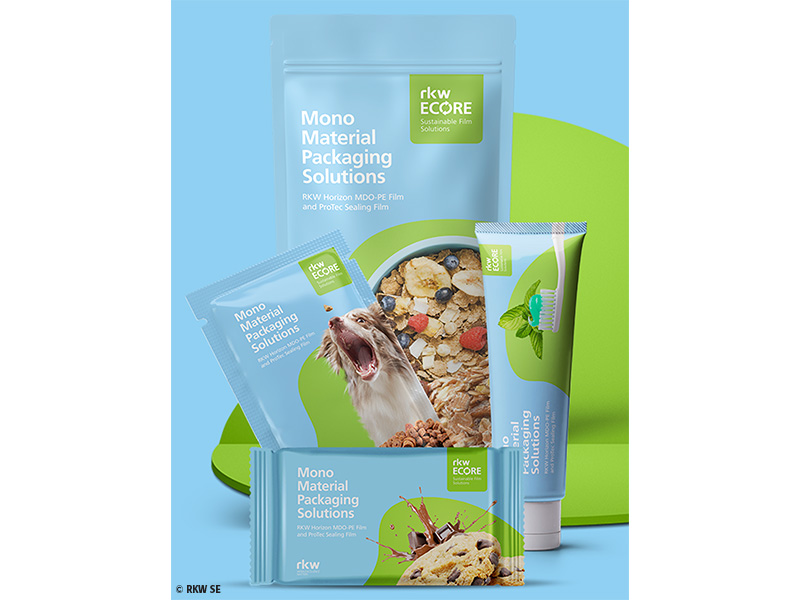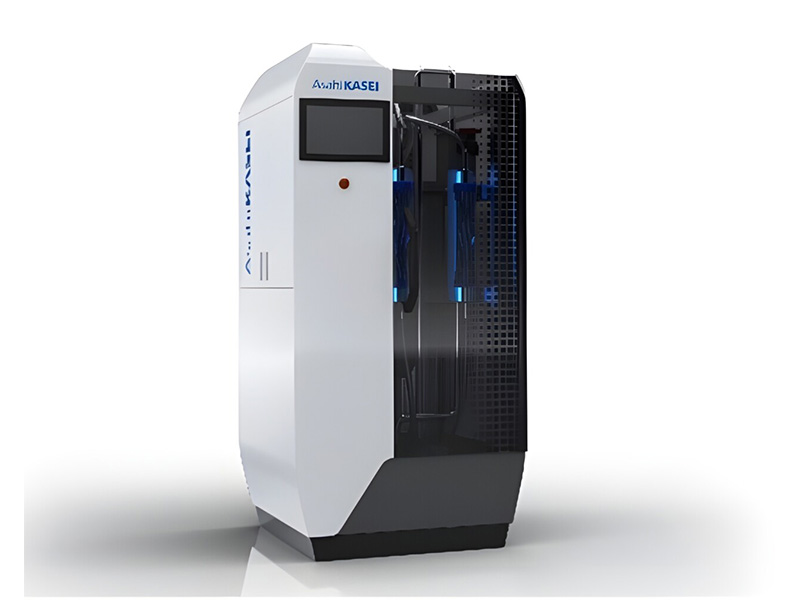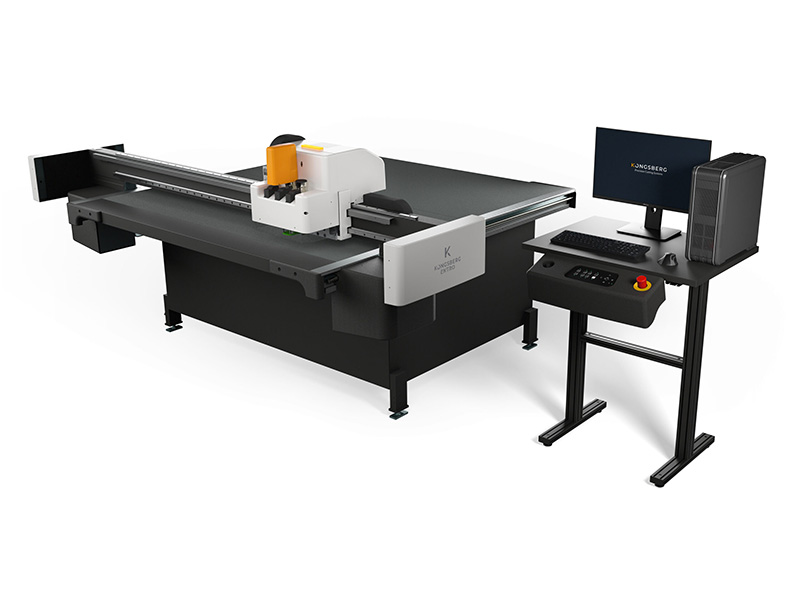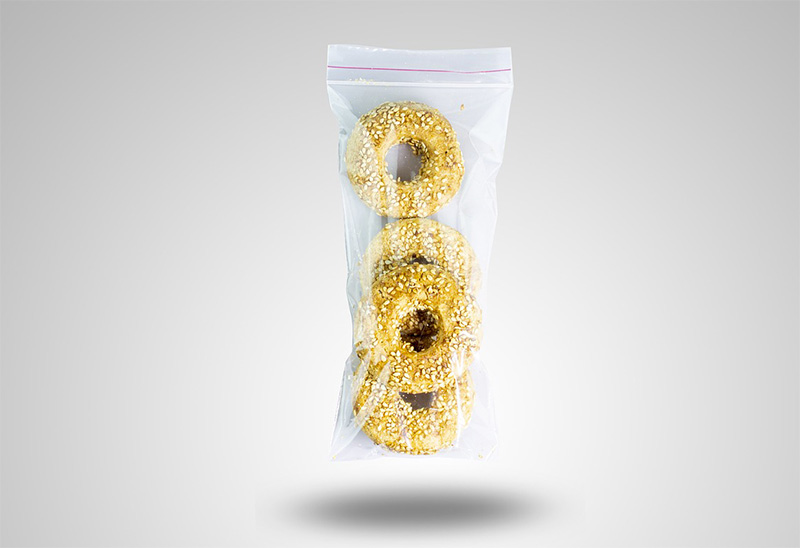
Nestlé launches bio-based lids and scoops made from renewable resource
publié le lundi 22 mars 2021
Nestlé announced that it will introduce bio-based lids and scoops made from sugar cane and its byproduct for a range of its nutrition products for infants and children. The main advantage of these bio-based plastics is that they are made from a renewable plant material that can be continually replenished and that absorbs carbon dioxide from the atmosphere. In addition, this packaging helps Nestlé reduce its use of fossil-based plastics.
Nestlé Nutrition’s NAN infant formula packed in the new packaging materials was introduced in Hong Kong in 2020 and will be available in other markets globally from 2021, including for other brands such as Beba and Guigoz. Wyeth Nutrition is launching the new bio-based packaging for its brands SMA, Little Steps, S-26 and Illuma. Nestlé Health Science is also introducing the new packaging material for its Althéra, Alfaré, Alfamino, Modulen and Peptamen Junior brands, which are part of its global range of pediatric food for special medical purposes.
The lids and scoops are made from 66% and 95% sugar cane respectively. They are certified as plant-based packaging and are recyclable in countries that have recycling facilities for polyethylene (PE). They have the same properties and functionalities as conventional plastic ones, without compromising the high level of hygiene and freshness required. The bio-based lids and scoops complement the tin can which is metal-based and is the most recycled material in the world. This innovation is one of the many solutions Nestlé is working on to address the issue of packaging waste.
Ryan Carvalho, Head of R&D and Chief Medical Officer for Nestlé Nutrition said, « The development of innovative sustainable packaging solutions plays an important role in our journey to net-zero. Bio-based packaging from sugar cane is an excellent example of how we can make good use of plant-based raw materials that are renewable to develop better alternatives to traditional plastic while ensuring that our products maintain a high level of safety and quality. »
All rights reserved except agreement written by Emballage Digest or mention of the magazine







